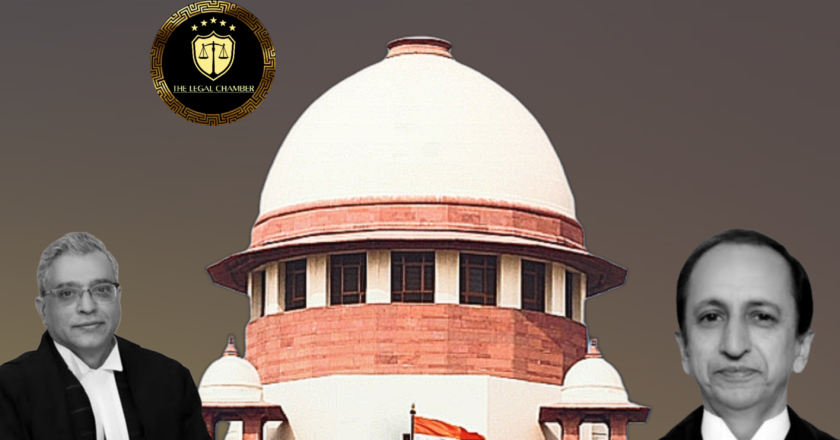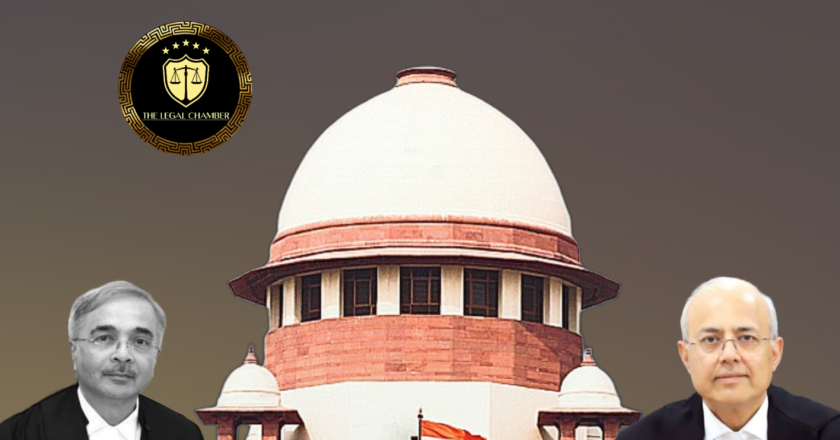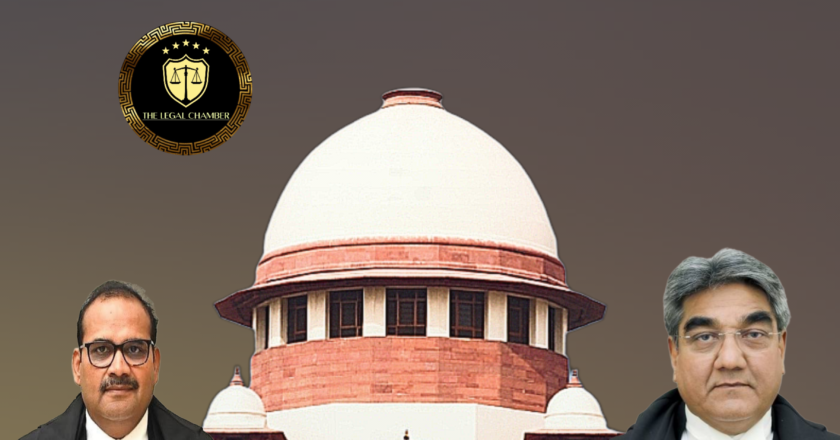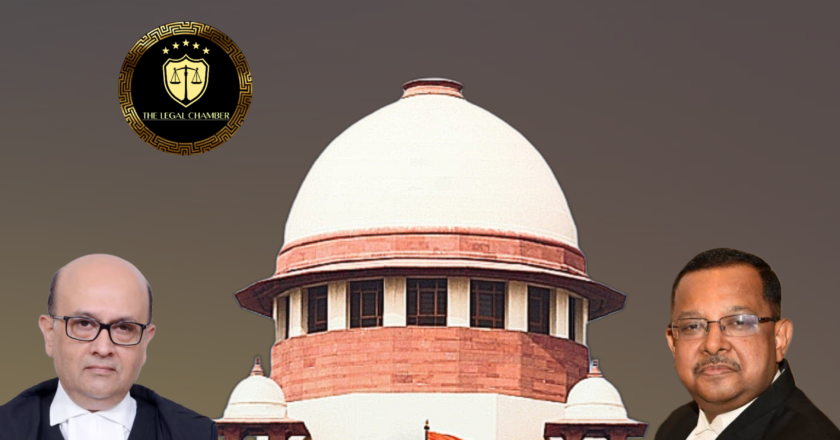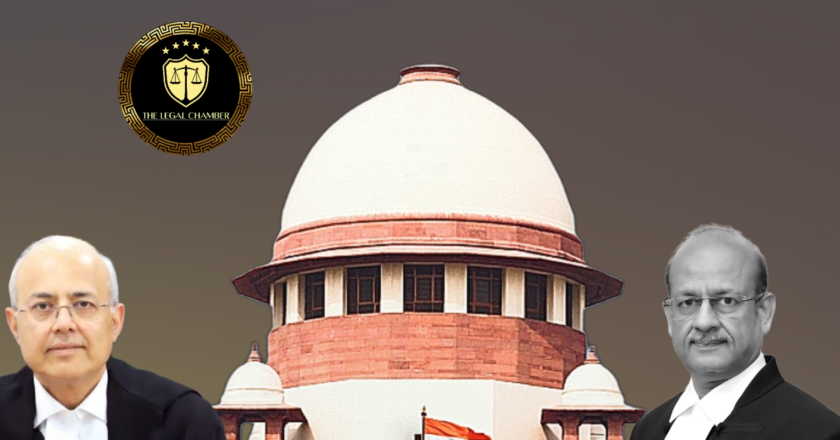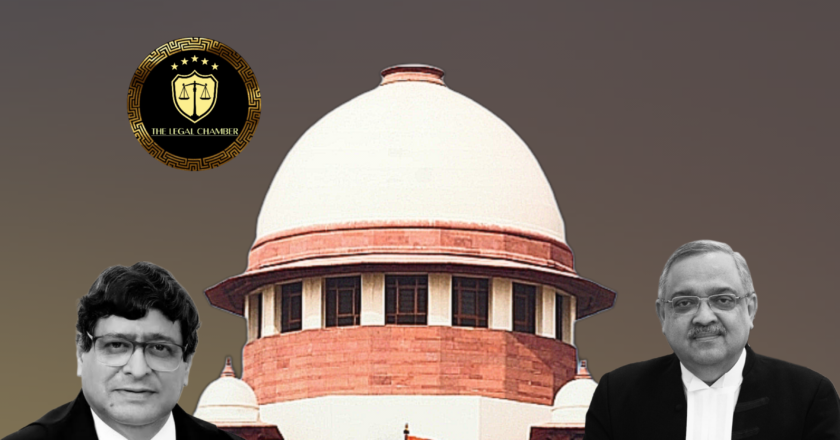No Hiding Criminal Past: Supreme Court Says Undisclosed Conviction Makes Election Null & Void
The Supreme Court held that a candidate's non-disclosure of a subsisting criminal conviction in the mandatory election affidavit, as required under Rule 24-A of the relevant rules, constitutes a fundamental breach. This failure vitiates the nomination process itself, rendering the election void under Section 22(1)(d) of the M.P. Municipalities Act, as it violates the voters' constitutional right to informed choice under Article 19(1)(a).
Facts Of The Case:
The petitioner, Poonam, was elected as a Councillor from Ward No. 5 of Nagar Parishad, Bhikangaon in October 2022. However, her election was challenged by the first respondent, Dulesingh, on the ground that she had failed to disclose a previous conviction in her nomination affidavit. Specifically, on August 7, 2018, Poonam ...
